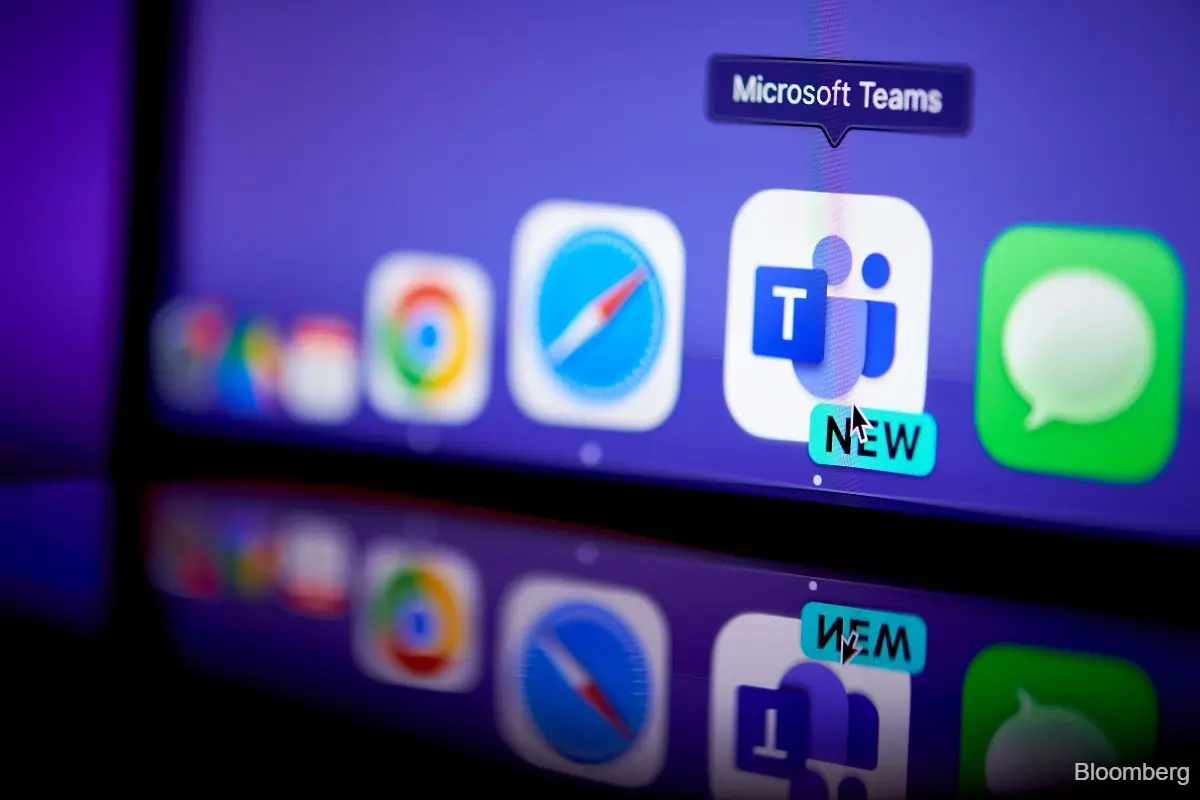Microsoft has struck an agreement with the European Commission that settles long-running concerns over how it packages its collaboration tool Teams with its Office productivity suites. As a result, Microsoft will avoid a potentially large antitrust fine after meeting a series of competition authority demands.
Background
- The dispute originated from a complaint filed in 2020 by Slack (owned by Salesforce), alleging that Microsoft unfairly tied its Teams communication platform to its Office 365 and Microsoft 365 product suites. The claim was that this bundling gave Teams an undue competitive advantage in cloud-based collaboration and communication solutions.
- Another company, Alfaview from Germany, voiced similar concerns. EU regulators found that Microsoft’s initial steps—offering Office without Teams in certain regions—were not enough to remedy the competitive imbalance.
Microsoft’s Commitments
To address the EU’s competition concerns, Microsoft has committed to several changes:
- Offering Office Suites Without Teams, at Reduced Price – Customers will be able to buy versions of Microsoft 365 and Office 365 that exclude Teams. These versions will be cheaper than their Teams-bundled counterparts.
- Options for Existing License-Holders – Organizations with long-term or existing licenses will be allowed to switch to the versions without Teams.
- Improved Interoperability – Microsoft will put in place measures so that competing communications and collaboration tools can integrate more easily with Microsoft’s systems. This is intended to open up market access for rivals.
- Data Portability – Users will have improved ability to export or move their Teams messaging or communication data out of Teams to use with other platforms.
Some of these obligations will be binding for seven years, while the interoperability and data portability commitments will last ten years.
EU Response & Implications
- EU regulators have accepted these commitments as sufficient to resolve the antitrust investigation and prevent formal penalties. The deal is seen as a way to preserve competitive choice in the software tools market, particularly following the surge in remote work and digital collaboration.
- The decision signals growing EU insistence that large tech companies provide more flexibility in how their products are bundled, promote data access, and allow competitors fair chances.
- For Microsoft, complying with these changes means adapting its product offerings and pricing strategies. It also means ensuring that its systems allow others to integrate and compete fairly.
What It Means Going Forward
This resolution is significant because it underscores the EU’s willingness to enforce competition rules in digital markets without always resorting to fines—if the company in question is willing to change practices. It also sets precedent for how other bundled software offerings might be treated under EU regulation.
For businesses and users, the outcome means more choice: they’ll be able to decide whether they want Office tools with or without Teams based on their needs and budget. It could encourage rivals in the collaboration space, who have argued that Microsoft’s bundling reduced their ability to compete.
















Leave a Reply